As a researcher and policy advocate who has dedicated her career to the prevention of child abuse and neglect, I was thrilled to see the House of Representatives pass the Build Back Better Act late last year. Now it’s up to the Senate to provide the necessary economic and social supports American families need to thrive as our country continues to grapple with COVID-19 and its numerous variants.
For decades, our nation tackled the problem of child abuse and neglect through intervention and after-the-fact engagement. But research has proven that we can actually prevent child abuse before it happens by providing much-needed supports to parents and children.
Build Back Better provides exactly the type of comprehensive economic, health, education and social supports needed to strengthen families and communities. Amid all the conversation about the proposed legislation, few have focused on the ways in which a holistic approach to family wellbeing is exactly what is needed to reduce child abuse and neglect in America.
As a parent of two young children, I know this legislation will serve as a necessary boost for parents everywhere, especially as we continue to navigate the constraints and confusion of pandemic life.
Most notably, the Build Back Better Act helps all states — from California to Connecticut — expand access to high-quality child care for millions of children every year, making early learning options affordable for all families. It’s a well-established fact that investing in quality child care is one of the most effective ways to break the cycle of poverty, boost our economy and keep parents employed — all of which are integral in the wake of the pandemic. As a working mother, I know child care is a vital resource that helps parents maintain balance and meet their economic, as well as familial, obligations.
As an extension of early learning accessibility, the Build Back Better Act will implement universal preschool nationwide to include two additional years of education during a critical period of child development. Preschool attendance is shown to positively impact children’s cognitive and social skills and school achievement, and decrease conduct problems throughout a child’s educational career. Preschool education has also been shown to level the playing field for low-income children and lessen achievement gaps, creating more positive learning outcomes.
In addition to early childhood services, the bill extends the child tax credit (CTC) through 2022 and makes full refundability permanent. This is a crucial policy move to lift children and families out of poverty — the U.S. Department of the Treasury reports that the first CTC payment reached 59.3 million children in July, keeping more than 3 million children from poverty.
When families’ financial burdens are lifted, children can grow in safe, stable and nurturing relationships and environments, where they are more likely to enjoy good physical and mental health, succeed academically and socially, and go on to contribute to economic prosperity for everyone.
The Build Back Better Act also provides payments for eligible people who take leave from work due to a serious health condition, care for an immediate family member with a serious health condition, birth or adoption of a child or the foreign deployment of a family member in the armed forces. Financial support for parents on leave generates substantial health benefits for children and families, including increased health equity, higher rates of maternal health, lower rates of family stressors, reductions in hospitalizations for abusive head trauma and allowing employees to meet their personal and family health care needs while fulfilling work responsibilities.
Research shows when parents feel less stressed and more supported, they can focus on positive parenting. Parents in our Healthy Families America home visiting program regularly report that concrete financial supports such as the ones proposed in Build Back Better benefit them every day.
After nearly two years of remote work and e-learning all under one roof, I’m sure almost every parent out there has felt overwhelmed and undervalued at times. But with the right supports, parents can refocus their energy on providing a safe and nurturing home for their child to learn and flourish, even after the pandemic. When children can learn and grow in healthy environments without toxic stress, they become healthier adults who contribute significantly to society.
The provisions in the Build Back Better Act will provide transformative investments in children and parents which are essential to ensure that families and entire communities thrive — today, tomorrow and for generations to come.

